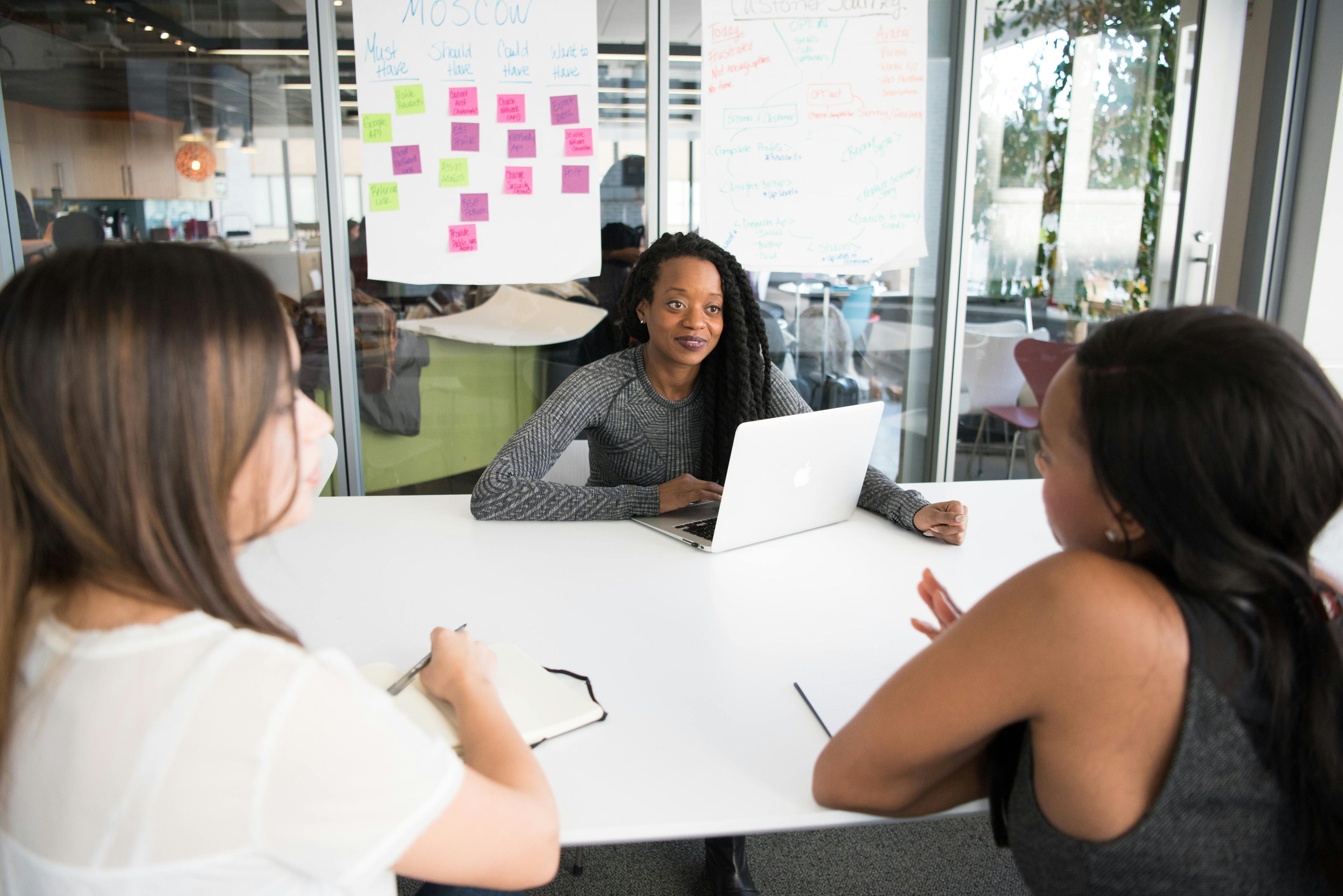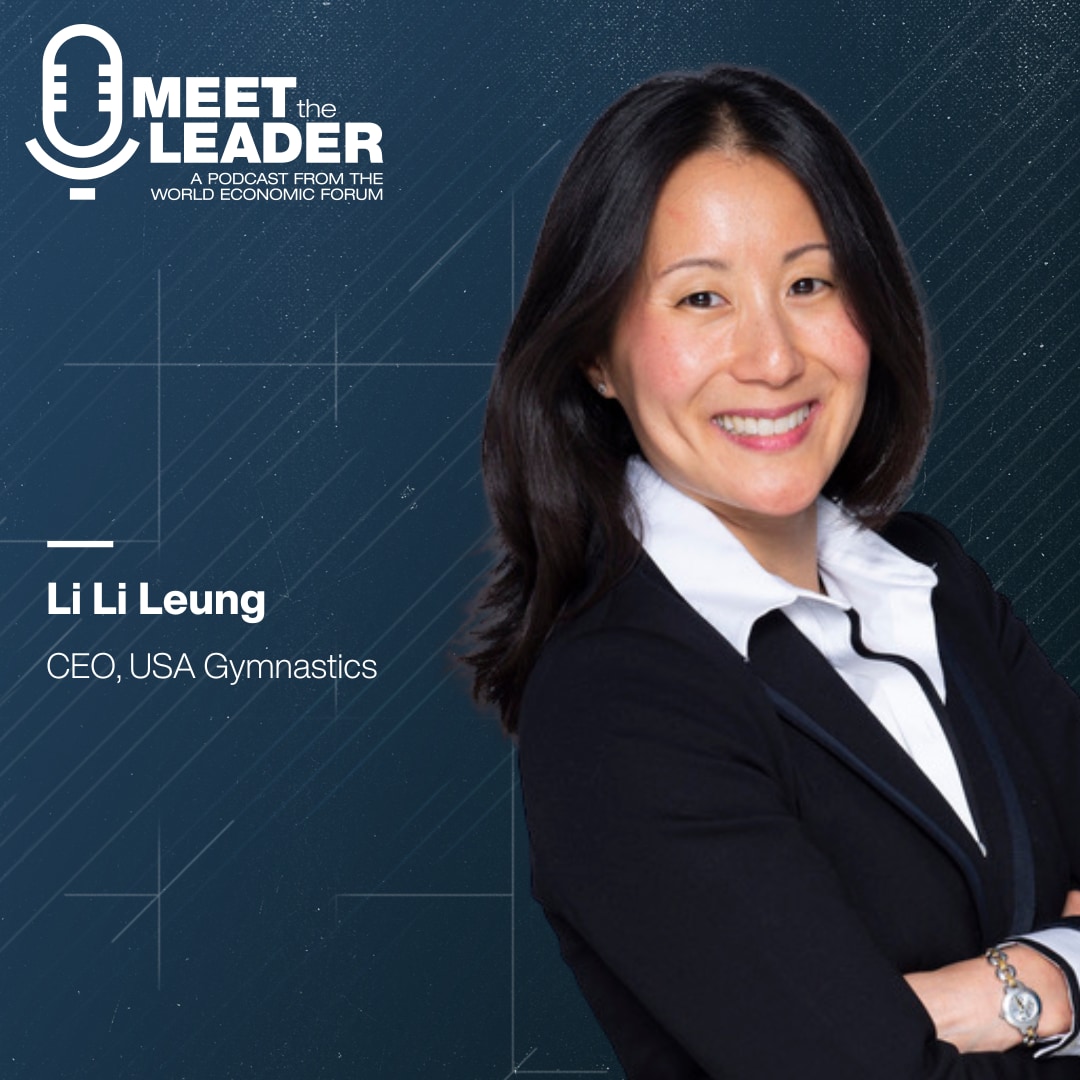Here's how 3 Young Global Leaders are investing in women's empowerment

Investing in women is not only a human rights imperative, but it makes sound economic and social sense.
Image: Pexels.
Kulé Galma
Lead, Event Editorial, Programming and Communications, YGL Foundation, World Economic Forum- International Women's Day on 8 March celebrates women and calls for action on gender parity.
- Gender equality fosters more inclusive economic growth and benefits everyone in society.
- We asked three Young Global Leaders how they are investing in and empowering women.
Investing in women and advancing gender equality is crucial for building prosperous and sustainable societies. As highlighted by this year's International Women's Day, the theme is "Invest in women: accelerate progress", taking concerted action over the coming years is imperative to close the growing gap and meet global targets for gender equality. If current trends continue, there will be a $360 billion annual deficit in funding for measures to achieve gender equality by 2030.
While progress has been made, women continue to face significant barriers that disproportionately impact their health, well-being and participation in the economy. As shown by the impacts of the COVID-19 pandemic and global conflicts, women are often amongst the hardest hit during times of crisis. They remain overrepresented in lower-paid jobs and sectors, have less access to finance, property and other assets, and disproportionately shoulder the burden of unpaid care work. This limits their ability to fully contribute to and benefit from economic opportunities.
What's the World Economic Forum doing about the gender gap?
Investing in women is not only a human rights imperative, but it makes sound economic and social sense. Research shows that gender equality fosters more inclusive economic growth and benefits everyone in society. When women are supported with adequate resources and enabling environments, they reinvest their income back into their families and communities in ways that create positive ripple effects. It is therefore crucial that governments, organizations and individuals come together to close the gap and ensure women's needs are prioritized and financed moving forward.
To understand how some leaders are investing in women, we spoke to three members of the World Economic Forum's community of Young Global Leaders:
'Empowering local communities to thrive'
Lorna Solis, Creator of Project SHEro
Lorna Solis is the Creator of Project SHEro, a global climate activism documentary series that raises awareness not only about challenges but also solutions. According to Lorna, "Female small-scale farmers are vital to our food system but are disproportionately impacted by climate change, enduring increased droughts, floods, and new diseases without adequate support. Many only notice when their favourite products vanish from shelves. Project SHEro collaborates with these farmers to address climate challenges, helping to prevent climate-related displacement. Through co-created solutions and green finance initiatives, we empower communities to thrive locally."
'Reshaping the narrative for gender equality in tech'
Lady Mariéme Jamme, Founder of iamTHECODE
Similarly, Lady Mariéme Jamme, Founder of iamTHECODE, the first African-led global movement to mobilize governments, the private sector, philanthropic foundations, investors and civil society to advance STEAMD (Science, Technology, Engineering, Arts, Mathematics and Design) education for girls highlights that she is “unlocking and investing in a world where women and girls are not just participants but leaders in the technology revolution." Through iamTHECODE, she is “investing in girls who will become economically independent, crafting a new era of innovation and equality.” Today, through her work with iamTHECODE, she is helping to reshape the narrative for gender equality in tech.
'Accelerating racial equality and inclusion'
Luana Génot, Founder and Executive Director of Instituto Identidades do Brasil (ID_BR)
Finally, Luana Génot, Founder and Executive Director of Instituto Identidades do Brasil (ID_BR), an organization whose purpose is to accelerate the promotion of racial equality and the inclusion of black and Indigenous people in the labour market, highlights that she is “dedicated to offering leadership training to develop skills for women.” Through ID_BR she dedicates her time to supporting “affirmative action for companies, organizations, schools, and governments, focussing particularly on women and non-white people because they are the groups that are left behind.” ID_BR “develops training for racism and gender rights, since while companies talk about inclusion, many lack genuine commitment.” Overall, Génot challenges the status quo in Brazil by pushing for more intentionality.
Advancing women's empowerment
The stories of Young Global Leaders like Lorna, Mariemme and Luana demonstrate the importance of continued investment, advocacy and support for advancing women's empowerment and gender equality. Their efforts highlight the impact that is possible when leaders work to overcome barriers and create an equitable environment where all women can reach their full potential.
Accept our marketing cookies to access this content.
These cookies are currently disabled in your browser.
Related topics:
More on LeadershipSee all
Jan Oliver Schwarz and Katharina Kleine
August 12, 2025
Ida Jeng Christensen and Raju Narisetti
August 5, 2025
Martin Adams
July 30, 2025
Anil Gupta and Wang Haiyan
July 25, 2025
Katica Roy
July 23, 2025





